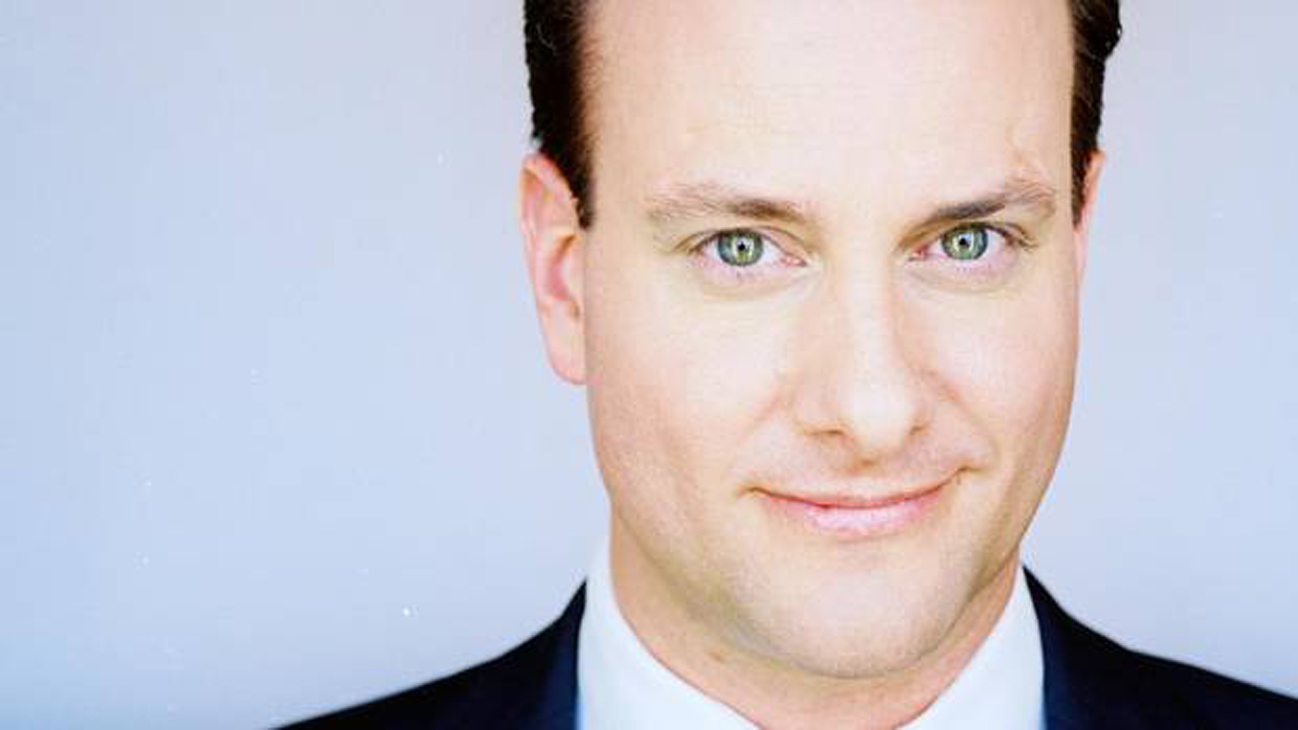Dr. Greg Wells is a health and high performance expert who draws the parallels between elite athletes and top executives to help business leaders perform at the highest level, even when under the most extreme circumstances. He’s also an assistant professor in kinesiology at the University of Toronto and an associate scientist of physiology and experimental medicine at The Hospital for Sick Children.
At U of T, Dr. Wells studies elite sport performance, and in a recent post for The Globe and Mail he used his depth of knowledge around it to offer some tips on using science to your advantage the next time you’re preparing for an important speech or meeting.
From The Globe:
The skill of communication in the era of social media, leading without a title and brand awareness has never been more important. Steve Jobs knew how important a speech can be. He practised for days before presentations. More recently, Elon Musk has delivered presentations for Tesla, SpaceX and SolarCity initiatives. These talks have led to the exponential growth of his companies and, possibly, a different future for humanity.
Despite the importance of communication (or maybe because of it), public speaking remains one of our greatest fears. Jerry Seinfeld said once that an average person at a funeral prefers to be in the casket than give the eulogy.
I don’t think it has to be that way. If you apply the science of human performance, you can improve your ability to deliver powerful messages, and improve your mental and physical health at the same time. Here are a few tips to get you started.
Tip #1: Prepare relentlessly
When I was asked in 2010 to be the on-air sport science analyst for the Vancouver Olympics, I had almost no TV experience. Before the Games started, I asked other commentators how to prepare. The best answer I received? “Relentlessly.” As a result, I made it a rule to rehearse my segments until I could perform them at least 10 times in a row with no mistakes. This translated into three to four hours of practice for a single three to four minute segment.
Bart Egnal, president and CEO of the leadership communication firm the Humphrey Group, says that great speakers deliver their presentations many times before the actual event. He also recommends recording a video of yourself and reviewing it to discover how you can improve your delivery.
Preparation is a key factor for elevating your confidence for the stage, camera or meeting room and performing with more positive energy and relaxation.
Tip #2: Get a great sleep
Research is clear that we need seven to eight hours of sleep to be our healthiest and have the lowest risk of disease. Interestingly, we need the same amount to perform at our best.
We encode memories when we sleep, so if you want all that rehearsing to stick, sleeping will make it happen. Sleep also improves creativity and problem solving. To come up with new solutions to old problems or to answer tough questions with clarity and insight, make sleep a priority.
The night before a big presentation or meeting, make sure you defend your last hour before sleep. Turn off your computer, put away your phone, stretch for a few minutes, take a hot bath with Epsom salts, meditate and read some fiction to get your mind off your work. Defending your last hour is a powerful technique for improving sleep, performance and, ultimately, your health.

